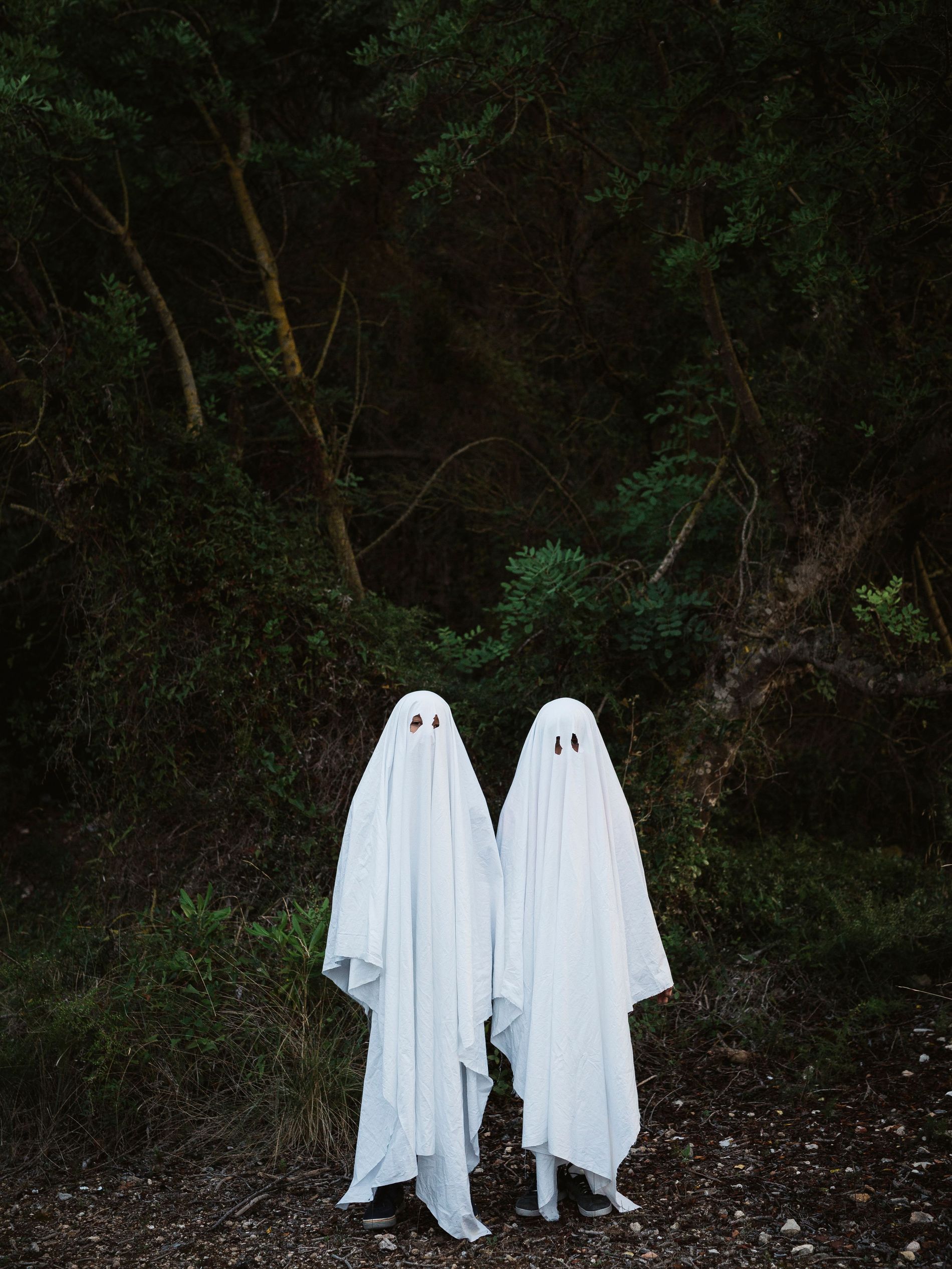Hint: If you have to ask yourself, ‘is this problematic?’, it probably is
Halloween might be all about tricks and treats, but it’s just as important to show respect for people as you would on any other day. For the longest time, we’ve seen the holiday treated as an opportunity for consequence-less cultural appropriation – think afros and sombreros, for instance – but we can all agree that dressing up as someone else’s culture as your fun Halloween costume is something to steer clear of.
Now, it’s 2023, and it’s time for us all to understand and master the difference between appreciation and appropriation. Remember: no Halloween costume is worth offending or upsetting someone. Below, find a guide to some of the themes and costumes to avoid when planning your party get-up this year.
Cultural clichés or stereotypes
Pretending to have someone else's culture or traditions for a day is wrong, even if you think it comes from a place of appreciation. Wearing garments or symbols from a culture can trivialise the challenges that a group of people have endured, and can dismiss the sacred significance that they often hold. Some of the biggest 'no-go's include Native Americans headdress, black face, sombreros or ponchos, kimonos, and grass skirts with a coconut top. If you have to ask yourself, ‘Is this offensive?’ it probably is.
Homeless people
Dressing up as a homeless person is never OK: There is no fun in having no work, no food, or a warm home to go to. So think twice before you decide to dress up as someone who is living on the streets or in refugee camps to a party. These people are more than often in dangerous conditions with complex or traumatic backstories
Problematic historical figures
Do your research: A lot of historical figures are linked to problematic words or actions, and should not be impersonated as a party novelty. Avoid wearing a costume of someone that makes fun of any religions, cultures, ethnicities, genders or sexual orientation, or someone who has degraded women, started wars, or brings any misery to others.
Día de los Muertos
Día de los Muertos (The Day of the Dead) is an important Latin American celebration that originated in Mexico to honour those who have died. For those who celebrate, the two-day holiday and associated rituals – such as the painting of the face – honours loved ones who have passed and is believed to reunite the living and the dead. Día de los Muertos origins should be considered and respected if you're considering this as a Halloween costume.

Photo: Getty
A victim of abuse
A quick and easy option for a Halloween costume can be to simply conjure a bloodied or zombified version of a celebrity or public figure. But think twice before creating your fake bruises and cuts, as it may deeply offend anyone who has had a traumatic experience of abuse or any form of violence.
Prison costumes
Dressing up as a criminal is inherently a 'no-go', as it can make a mockery of many wrongly imprisoned people, or general prison rehabilitation efforts. Try to stay away from those bright oranges and stripes hanging in your closet.
Gangsters and pimps
Again, here is a good example of a costume that might seem like a good time, but trivialises the people – and the wider system – that is based on abuse and objectification. This is a horrific reality for many women.
Other important inappropriate costumes to note are costumes which may be transphobic, that could body shame, include references to terrorism, Covid-19 or any other diseases. Reminding someone of their traumatic experience should never be the foundation for your costume.
Here are some ways to celebrate a culture without offending or exploiting it:
Study and reflect on your own privilege and culture. Once you understand that, respecting other cultures will be much easier.
- Embrace, appreciate and learn cultural differences
- Don’t use sacred artifacts or symbols from other cultures as your accessories
- Question yourself before considering a costume and ask whether it’s genuine and appropriate
- Engage in important conversations about cultural appropriation, do you best to be an ally, and help to inform others
